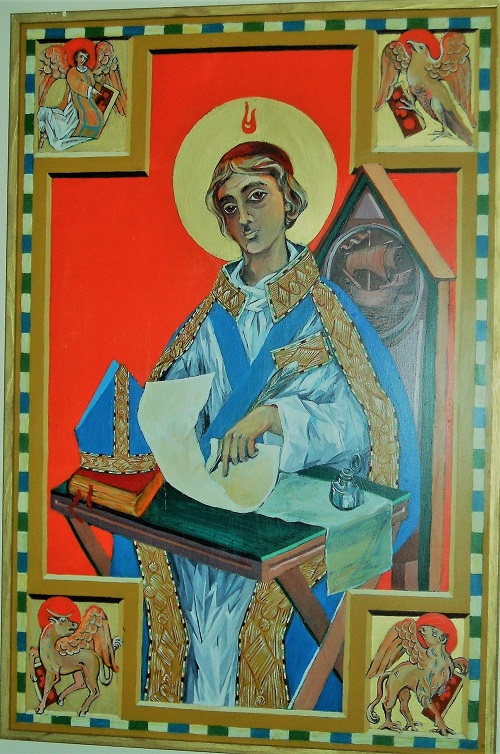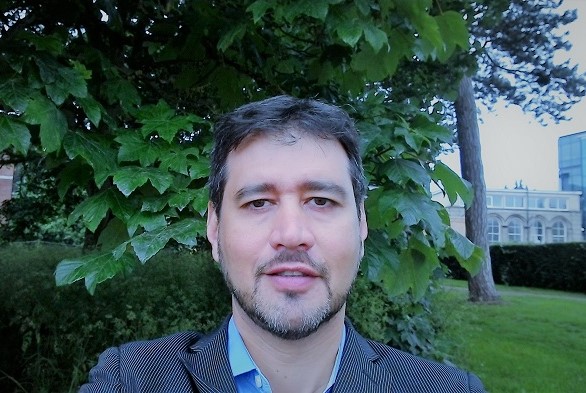Logic and Religion
Associate Professor of Philosophy, Federal University of Campina Grande, Brazil From a historical point of view, logic has been a constant companion of philosophical reflections about religion. Arguments for and against the existence of God have been proposed and subjected to logical analysis in different periods of the history of philosophy. In discussions on the concept of God too logic has played a considerable role. With the rise of modern logic, in the beginning of twentieth century, and the analytic philosophy of religion, in the fifties, the connection between logic and religion has become much more established. A result of this development was the series of events World Congress of Logic and Religion, whose first and second editions took place, respectively, in João Pessoa, Brazil, in 2015 and in Warsaw, Poland, in 2017; the 3rd World Congress on Logic and Religion will take place in Varanasi, India, in 2019. The purpose of this tutorial is to introduce the field of Logic and Religion from the perspective of philosophical inquiry; nonetheless, something will be said about the role played by logic in world religious traditions.
I. General perspectives on Logic and Religion
In the first part of the tutorial I will speak about the role played by logic in religion, both from the philosophical and religious perspective. I will point out how logical notions appear in different religious traditions and how a good deal of logical reasoning is needed to make sense of good part of what they say. I will also speak about two of the most traditional philosophical undertakings related to God and religion: the construction and appraisal of arguments for and against the existence of God and the logical analysis of the concept of God. On-line version Part 1 II. Arguments for and against the Existence of God
In the second part of the tutorial I will deepen the issue of the construction and appraisal of arguments for and against the existence of God. After giving a short historical background, I will explain the varieties of arguments found in both religious and philosophical traditions. After that I will concentrate on two instances of such arguments. On the side of theist arguments, I will examine Anselm’s ontological argument found in the second chapter of his Proslogion and some recent attempts to logically formalize it. On the side of the atheist arguments, I will examine the role played by logic in Hume’s exposition of the problem of evil and the response given by Alvin Planting known as the free-will defense. On-line version Part 2 |
III. The Concept of God
In the last part of the tutorial I will move to the analysis of the concept of God. I will first speak about the project inaugurated by Anselm nowadays called Perfect Being Theology (which consists in, from some definition of God as a maximally perfect being, logically derive God’s properties or perfections such as uniqueness, omniscience, omnipotence, moral perfection, omnipresence, eternality, impassibility and simplicity). After that I will look on how this project and the logico-philosophical inquiry about divine properties has been conducted in recent philosophy of religion. On-line version Part 3 Selected Bibliography
| ||||

